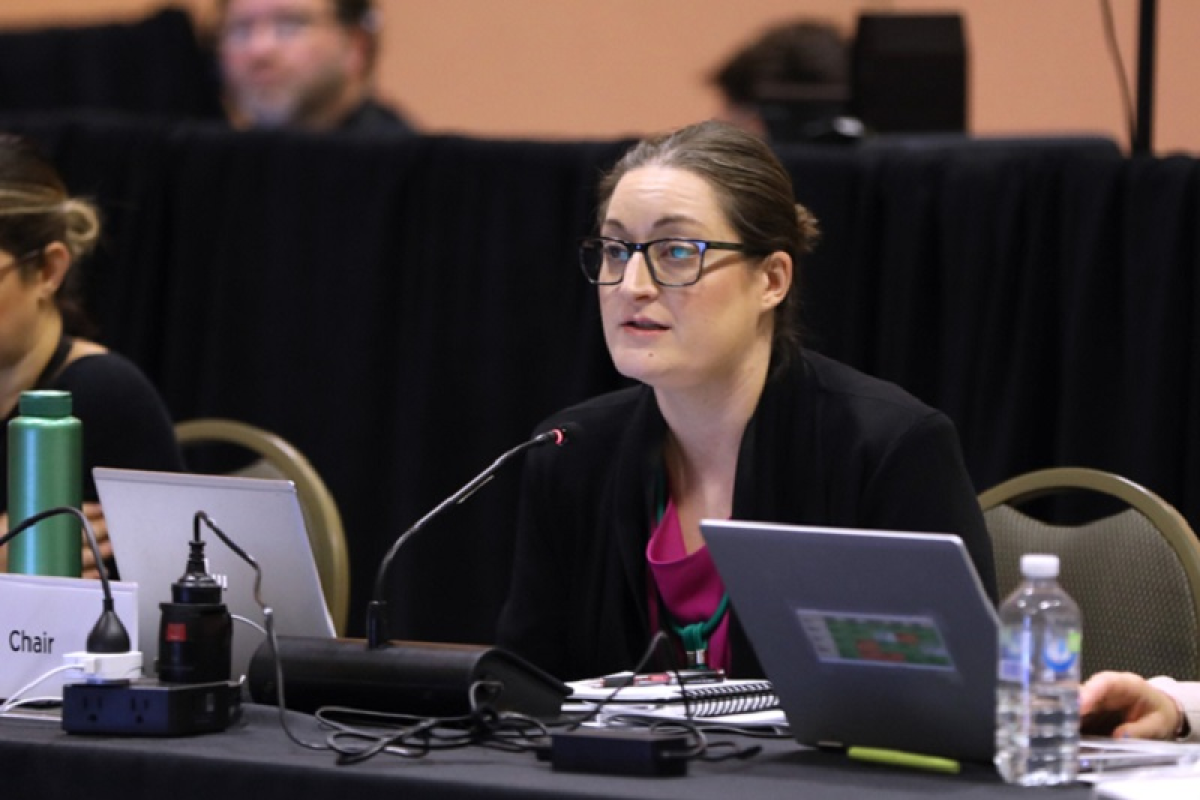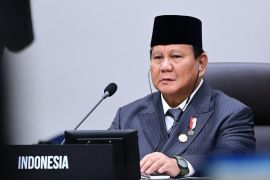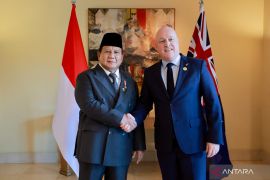At a meeting in Palm Springs held on February 22-24, the APEC Policy Partnership on Women and the Economy (PPWE) discussed the unequal distribution of "unpaid care" and "domestic work" between women and men and examined how this affects economic and social outcomes for women, including on their workforce participation, job opportunities, and the gender pay gap.
Members looked at various structural reform mechanisms available to address the imbalance in unpaid care, including through gender-responsive budgeting, according to a statement issued by the APEC Policy Partnership on Women and the Economy and received here on Monday.
"The pandemic has significantly impacted employment industries that are dominated by women, such as the care economy," Chantelle Stratford, chair of the group, stated.
"Within the hardest-hit sectors, women are engaged in low-wage and informal employment, and they have been amongst the most severely impacted," Stratford emphasized.
With increasing inequality faced by women in the Asia-Pacific region, she underscored the urgent need for APEC to expedite efforts to advance gender equality and women's economic empowerment.
"APEC economies must take action to ensure women can equally and meaningfully participate in and contribute to thriving economies. We all want to see women succeeding and benefiting from strong, sustainable, innovative, interconnected, and balanced economic growth in the region," Stratford remarked.
A report by the APEC Policy Support Unit found that women shoulder a significant, disproportionate burden, bearing almost three times more unpaid care and domestic work as compared to men.
"On average, women in the APEC region spend 4 hours and 20 minutes daily on work not compensated by wages. This includes essential caring for children, the elderly, and sick members of the family, as well as doing household chores and voluntary work within the community," according to Rhea C. Hernando, a senior researcher with the Policy Support Unit, who wrote the report.
The role trade plays in promoting gender equality and gender considerations in free trade agreements is high on the agenda.
APEC members acknowledge the fact that women are frequently held back by a lack of resources and funding for innovation and entrepreneurship, as well as insufficient tools or knowledge, despite evidence showing that women-owned businesses contribute trillions of dollars to the global economy and are directly responsible for millions of jobs.
A policy dialogue on gender-responsive budgeting also took place during the meeting wherein panelists introduced the concept as a budgetary tool that seeks to mobilize policy action targeted at progressing gender equality objectives.
Panelists further shared best practices in implementing the tool and provided examples of how it benefits their respective economies.
"I stressed the importance of gender mainstreaming across the APEC fora and ensuring we address and remove barriers that continue to prevent women and girls from diverse backgrounds from participating in and benefiting from the economy," Stratford affirmed.
"As part of gender mainstreaming, we should consider changes that could improve our own organization. As a start, we can support more women into chair roles and more men into program director roles to achieve greater gender balance across APEC," she concluded.
Drawing from the Bangkok Goals on the Bio-Circular Green Economy endorsed by APEC Leaders last year, economies participated in a policy dialogue on the gender-climate nexus that examined the relationship between gender inequalities and the impacts of climate change.
The United States is planning to host the APEC Women and the Economy Forum in Seattle in August 2023, which will gather women and gender equality ministers as well as economic and social development ministers and high-level representatives from the 21 APEC member economies.
Related news: APEC seeks to address barriers for women in customs administration
Related news: APEC prioritizes technology, data, and science to tackle food security
Related news: APEC pushes agenda to create resilient future for all
Reporter: Yuni Arisandy Sinaga
Editor: Sri Haryati
Copyright © ANTARA 2023











